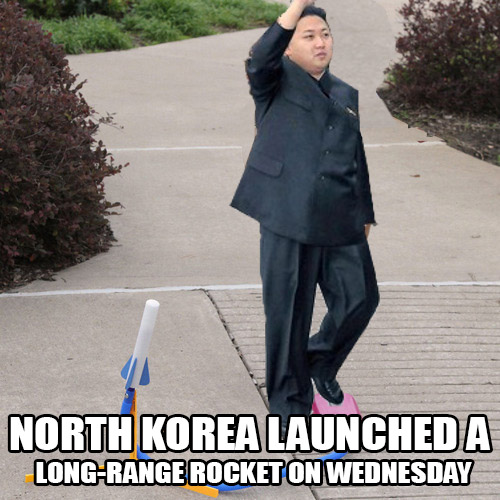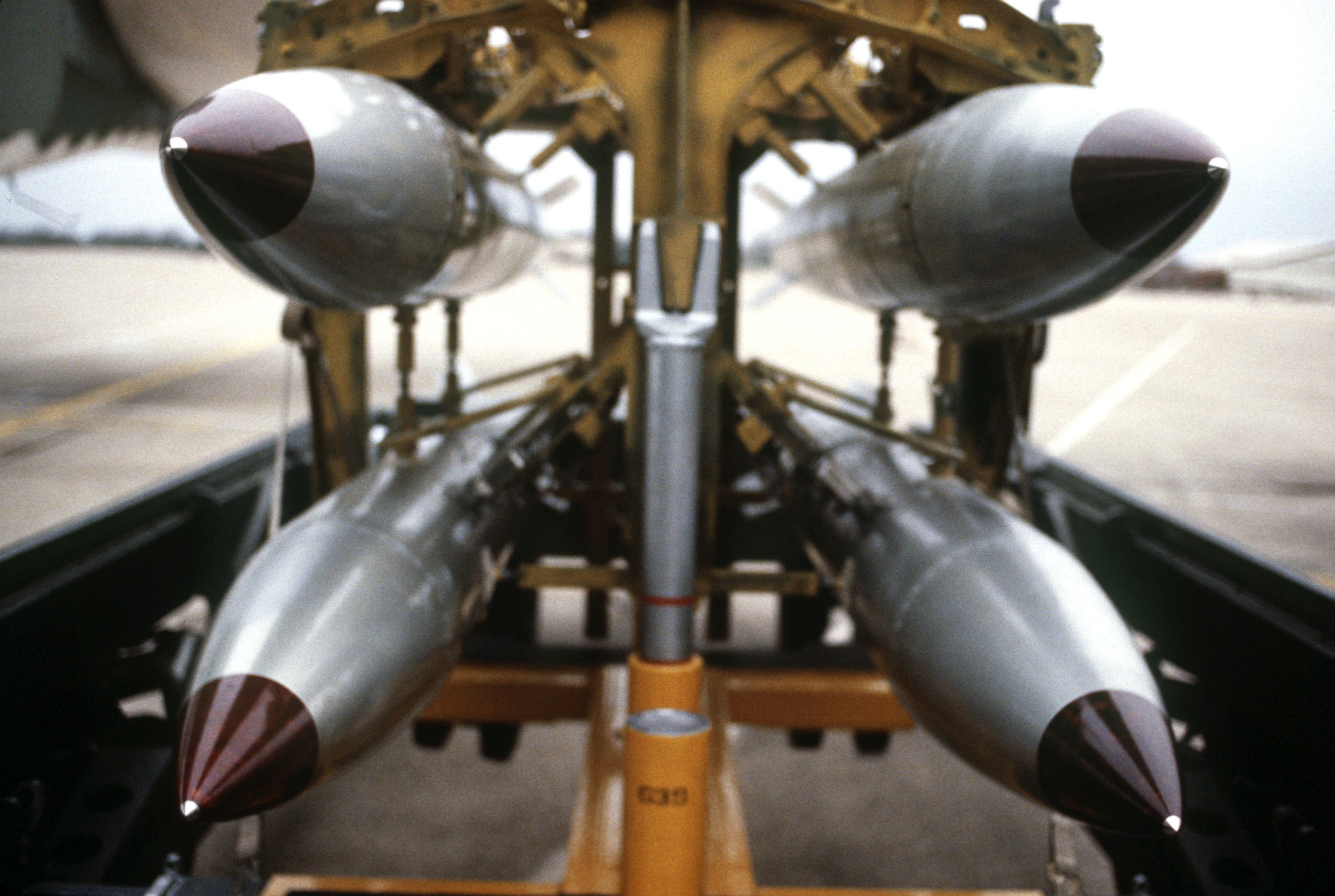I think any preemptive strike by the U.S. against North Korea's ballistic missile force would require more than two or three carrier groups. F/A-18's are not stealth aircraft, and the thirty or so each carrier could muster for a bombing attack, each carrying probably two or three tons of ordnance, could only do so much.
I suspect hundreds of Tomahawks, launched from surface ships and subs, and ten or so B-2's would also be used. There are probably a hundred or more sites involved in various direct and indirect ways with North Korea's missile force which would need to be targeted, as well as the air defenses protecting those sites. Because quite a few weapons would be needed to destroy some sites, the total number of aim points and weapons would be much larger.
None of us knows what plan the U.S. might follow, but I suspect one alternative which has been developed is a naval blockade. North Korea is on a peninsula, has a fairly weak navy, and cannot possibly import all it needs overland from China. A blockade is less spectacular than a large air attack, but it is a proven means of forcing another nation to its knees. It requires no shooting by the nation imposing it, and the nation on the receiving end--as in this case--may have no way to lift the blockade by force. It then would have to decide whether to risk starting a shooting war that does not involve a direct attack on the blockading force, or to give in.
<<snip due to word limit>>.
Indeed an air and naval blockade has been the first option of the U.S. in any confrontation with CCP China. A North Korea only naval blockade was considered in 2003 by the GW Bush administration -- interestingly advocated by John Bolton who was undersecretary of state for arms control (he wuz against it ha ha) and is now an unofficial Trump adviser.
While USN by 2013 had realized its capability to blockade the entire vast coast of CCP China, a naval and air blockade of North Korea only would be a piece of cake technically.
Why however would Washington or Seoul want to collapse the North Korean economy by means of an air and sea blockade? Or to provoke CCP China into breaking the blockade at a great cost to try to salvage the N Korean economy?
Collapse of North Korea would precipitate the rush of armed troops from CCP China into the country from its north and the rush of U.S. and South Korean armed troops from the south. Pyongyang is much closer to Seoul than it is to CCP China, so that would be a plus.
However, CCP China entered the Korean Conflict in 1950 because of its continuing absolute policy to never have U.S. forces at any of its borders, anywhere, anytime. Never ever. CCP have no choice but to accept U.S. armed forces in South Korea. However, North Korea provides a buffer between CCP China and the presence of U.S. armed forces positioned in the South.
As passive and as militarily benign as an air-sea blockade can sound, it -- in the instance of North Korea collapsing -- would be provocative as all hell. Blockade would also place CCP Boyz in Beijing on the spot to break it to prevent the economic collapse of the North.
A first strike by the U.S. against North Korea would likely result anyway in at least a million South Korean civilian deaths. It's unavoidable because so much of the North's artillery at the border is sheltered inside caves and the like throughout the mass of mountains that mark the Korean peninsula down its entire center region. Much like at Dien Bien Phu in Vietnam against the French in 1954.
Which leaves one of two principal options or both. Redeploy tactical nuclear weapons to South Korea which requires the consent of the South Korean government. And or install an Iron Dome kind of defense that Israel has. The Thaad missile defense platform currently being installed in S. Korea is good but it may not be enough. Thaad is already installed on Guam. Its penetrating radar only is installed in Japan. All of Thaad to Japan would also be a wise move.
Potus Obama last year approached Taipei about Thaad to Taiwan which remains uncertain but given CCP are going berserk about Thaad in South Korea, placing Thaad in Taiwan would require the kind of brass balls few beyond Trump and his CCP advisers have.
Taiwan Pres. Hsai Ing-wen may have to go for it however. This is due to the new CCP strategy of launching missiles by air, sea, undersea, against Taiwan from Taiwan's open ocean side, in addition to missile barrages from the mainland side. Taiwan is already spreading out its defenses to cover its east side facing the open ocean as well as its west side facing the mainland. Thaad in Taiwan is beginning to look good to 'em in Taipei, as is the Patriot missile defense system.
Bottom line here is that the fists are being raised by both sides throughout the Western Pacific-East Asia-South China Sea region.




_steams_alongside_Japan_Maritime_Self_Defense_Force_(JMSDF)_ships_JS_Hamagiri_(DD_155),_JS_Myoko_(DDG_175),_JS_Haruna_(DDH_141)_and_JS_Yuugiri_(DD_153)_in_preparation_for_a_f.jpg)

